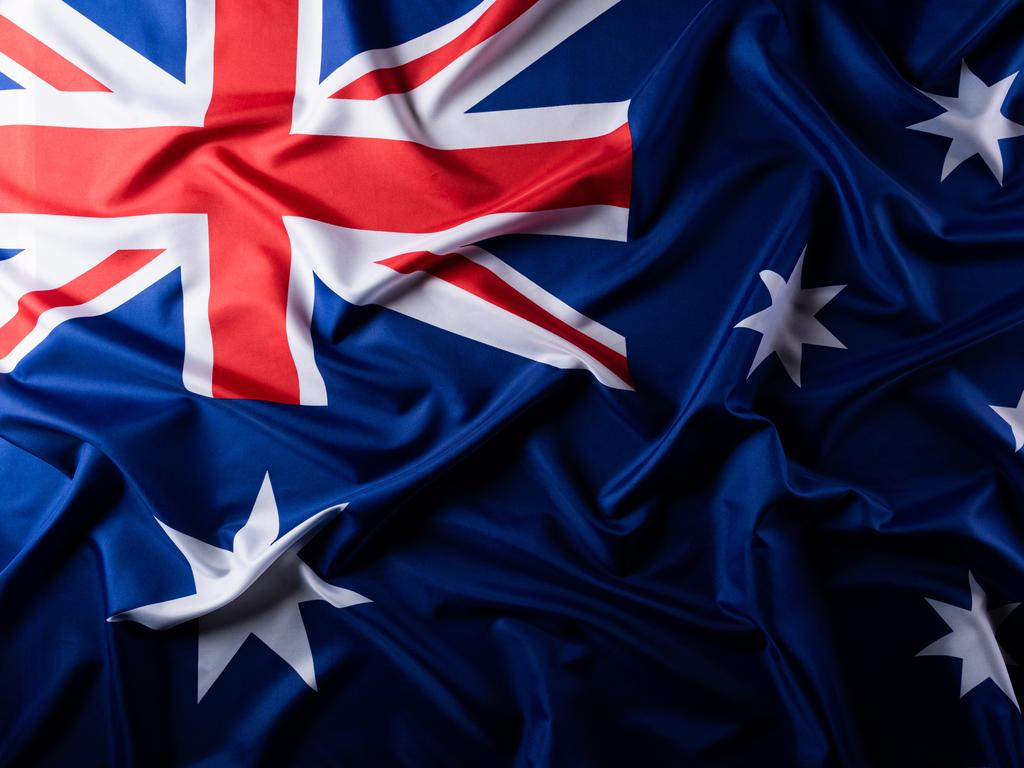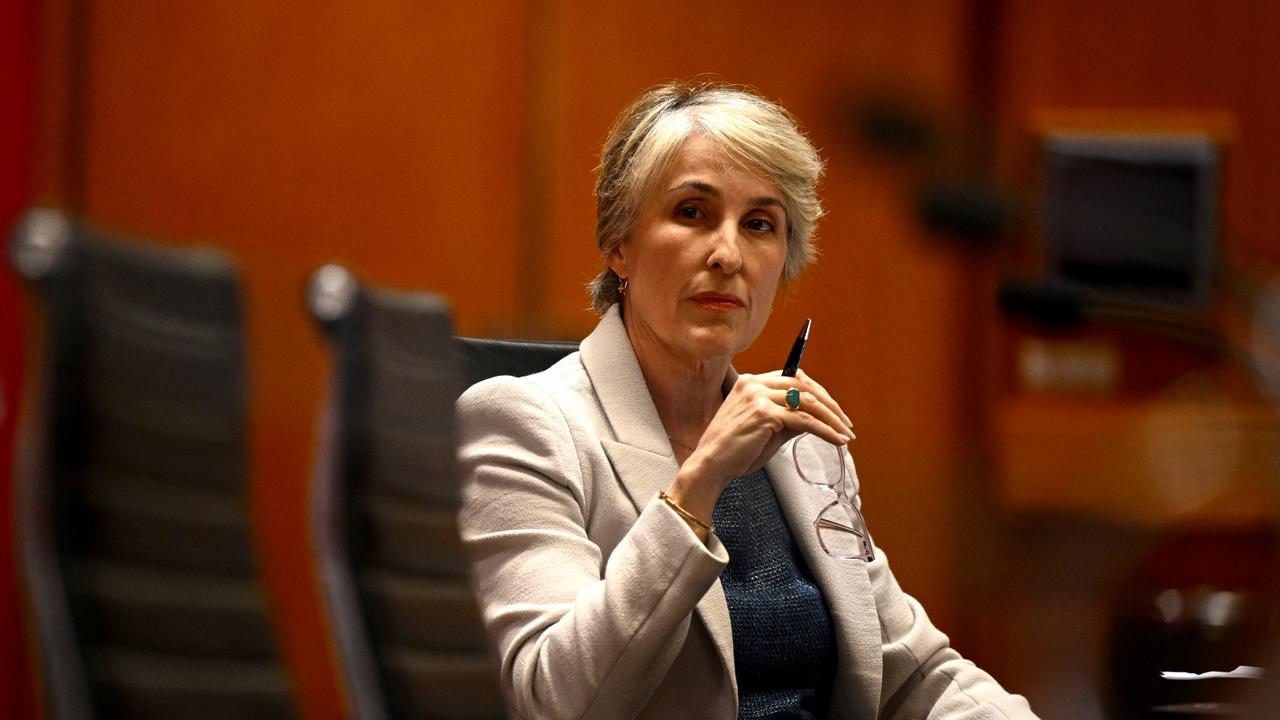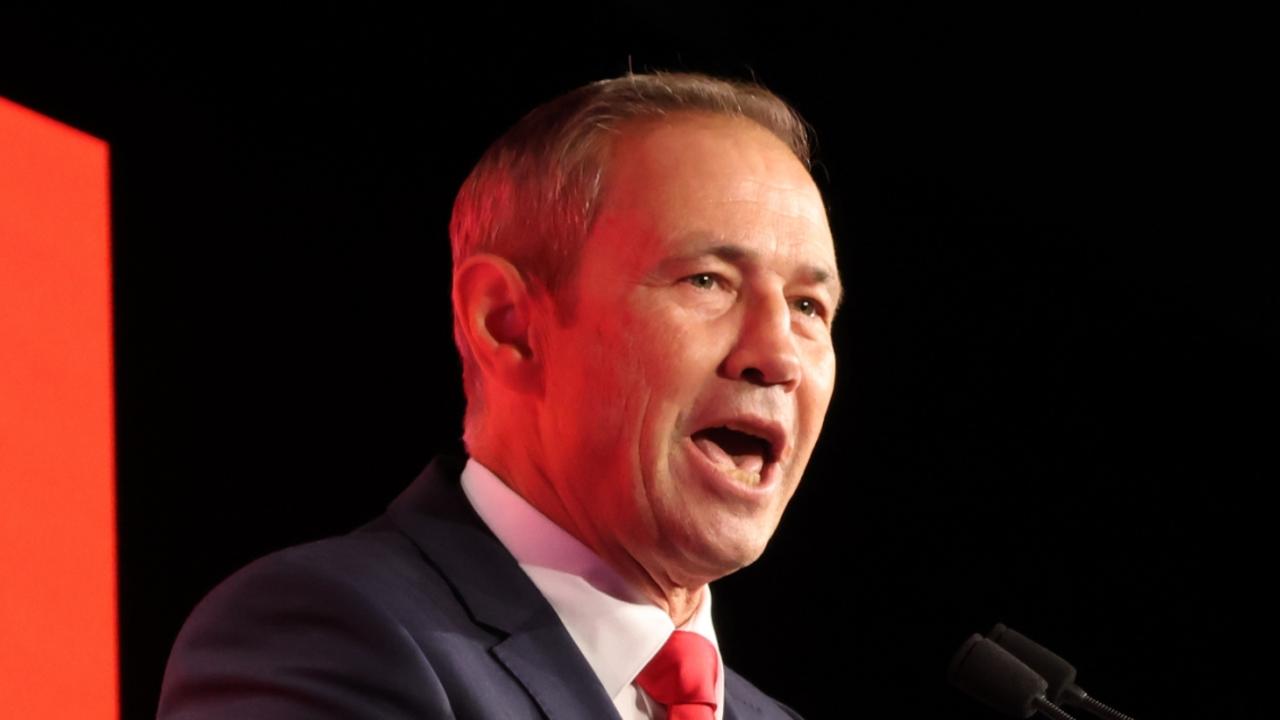Gillian Triggs awarded a Companion of the Order of Australia for human rights work
Gillian Triggs has reflected on a tumultuous time at the top of the Australian Human Rights Commission as she received the nation’s highest honour for her human rights work.
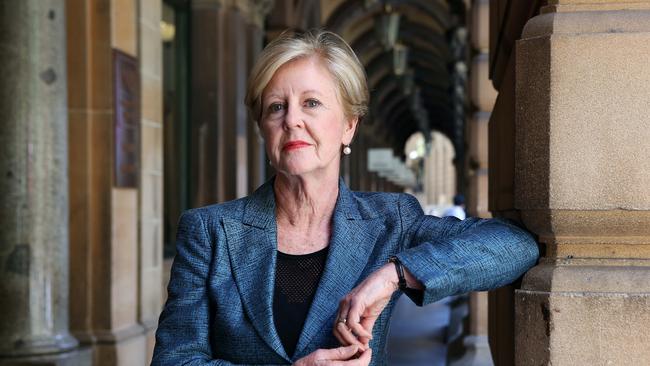
Gillian Triggs says a “politically fraught” inquiry into children in detention was “the right thing to do legally and morally”, as she reflected on a tumultuous period at the top of the Australian Human Rights Commission.
Professor Triggs, a practising lawyer since 22, is finally “mercifully unemployed ... but not retired”, at almost 80 years-old. For the past 12 years, her career has been dominated by work around refugee rights.
She has been awarded a Companion of the Order of Australia for her service to human rights law, international relations, social justice advocacy, and tertiary legal education and research.
The honour, she says, is “at least indirectly, a recognition of the role of the Australian Human Rights Commission (and) the UN Refugee Agency” - organisations she has worked for since 2012.
“I’m honoured for all of us, really, who’ve been involved in this.”
She recalled the period as president of the AHRC as “a fraught period”.
“It wasn’t only refugees. It was LGBTQIA+ matters. It was domestic violence, via the work that was being done with the Australian forces. It was disabilities … but, of course, the lightning rod for the work was undeniably refugees and asylum seekers,” she said.
In 2014, Professor Triggs used statutory powers to call a public inquiry into the mandatory detention of asylum seeker children in offshore facilities including Christmas Island and Nauru.
“Unfortunately, it should not have been a political question,” she said.
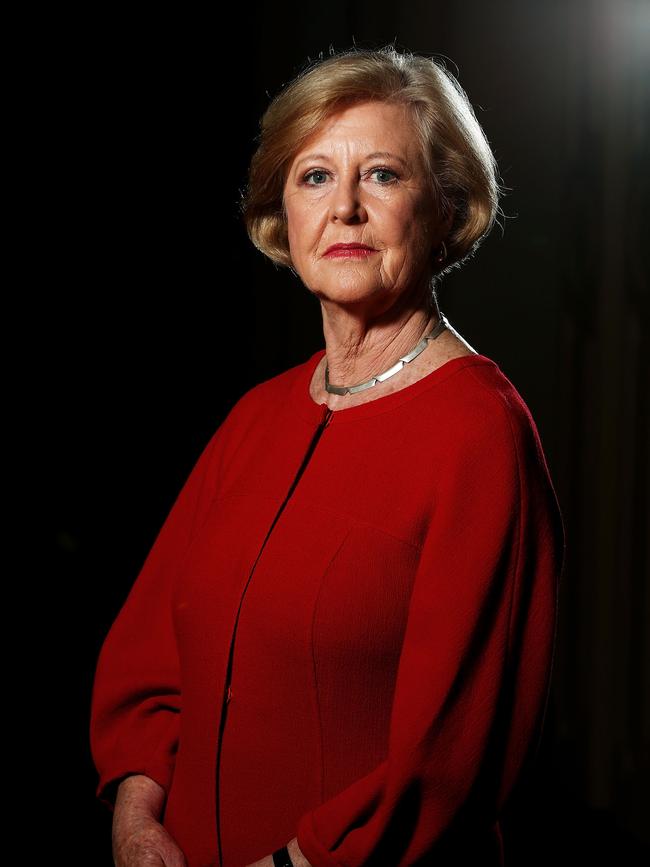
“We tried all the behind-the-scenes diplomacy, if you like, but it achieved nothing. And the children had been there for a very long time. You don’t embark on calling a semi-judicial inquiry lightly. As President of the Human Rights Commission, it was a big thing to do … it was a very, very difficult decision, it took nearly a year to do.
“But I think that it was instrumental in bringing the plight of these children to the public arena and ultimately, most of the children, not all, but most the children were released from mandatory and indefinite detention.”
Looking back, she said: “I’m pleased by the outcomes, and, of course, ultimately supported by the High Court of Australia and … by the whole international legal community. It was the right thing to do legally and morally, and we take some comfort from that. But it was a difficult time.
“At least it made clear that you cannot hold children in these circumstances and that refugee law must be respected.”
Professor Triggs then spent four-and-a-half years in Geneva as United Nations assistant secretary-general, where she was “responsible for the protection of refugees and displaced people across the entire globe”.
“You come from a domestic issue in Australia to this massive global environment where you’re dealing with not just a few thousand people, but tens of millions of displaced people, and the environment is essentially one of conflict,” she said.
She is also honoured for her commitment to education and research as an Emeritus Professor and Dean of international law at the University of Sydney, and various roles she held at the University of Melbourne.


